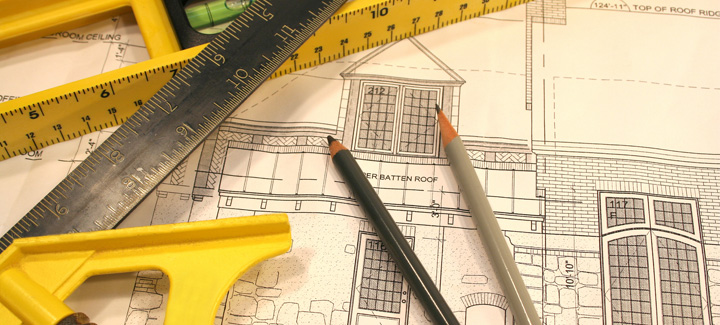15 Tips for a Successful Remodeling Project
Any remodeling project can seem overwhelming, but it's guaranteed to go more smoothly if you know a couple of insider tricks. Here are 15 tips from remodeling professionals.

- Plan Ahead: product selections early can prevent delays later. Proper planning can also help keep you on budget.
- Remember the Big Picture: Long-term-maintenance, energy-loss, and repair expenses can add up quickly. Make sure you include them in your calculations when comparing prices.
- Find Good Help: Hire remodelers who have more than three years of experience, membership in the National Association of the Remodeling Industry (NARI), a good record with the Better Business Bureau, and positive customer references. Most important, select a remodeler you trust.
- Visit a Job Site: When evaluating remodelers, make sure you visit their current job sites. The best remodelers maintain clean and organized work sites, take precautionary measures to ensure safety, and know how to keep a low profile in a neighborhood.
- Be a Good Boss: The most important thing you can do during a remodeling project, other than write checks, is treat your remodeler well. The perfect clients are easy to get along with, honest, and have an appreciation for what we do.
- Insist on a Detailed Contract: If you jump into a remodeling project with an ambiguous contract or no contract at all, you may as well hire an attorney and set a court date right away. The contract needs the right address, a start date, a completion date, and a detail of what is and is not going to be done.
- Know What You're Getting Into: Sure, remodeling is exciting. But there's also a lot of frustration as you encounter unexpected snags, delays, and the inevitable inconveniences that come from living in a construction zone. You'll handle the lows better if you know they're coming. A reputable remodeler will condition your expectations before a project begins.
- Pitch a Temporary Camp: Speaking of lows, it can't get much worse than living without a kitchen for weeks on end. Minimize inconvenience by setting up a temporary one away from the construction area. Include a refrigerator and microwave oven, so you can continue to make light meals at home.
- Pack Away Your Valuables: A remodeling project may affect every room in the house. The homeowners need to take down pictures, move vases, and pack away valuables before work begins. While you're at it, take steps to protect your immovable fixtures, including built-in cabinets and chandeliers. Have flooring covered with cardboard sheets if it needs to stay in good condition.
- Communicate Effectively: Remodelers can do some amazing things, but they can't read minds. Let the company supervisor or project lead person know if anything is unsatisfactory so they can deal with the issue. The contractor may not be aware that something is not OK with the owner.
- Design Ideas: When it comes to remodeling, there's no shortage of great design advice. On the next slides, several remodelers weigh in on how to make the most of your space.
- Pamper Yourself: Unless you're a fan of luxuriating in a bath on a regular basis, skip the whirlpool tub. If you have no time for a bath, think about spending your remodeling dollars on something you'll use and notice every day, such as a luxury shower with dual heads.
- Leave Out the Planning Desk: In a kitchen, people insist on putting planning desks in, but no one ever sits there and plans anything. Consider whether you'd benefit more from additional cabinets or a pantry before you put in a desk.
- Connect Spaces: Looking for a project with big impact? Opening up walls and hallways is one way to get the most from your remodeling project and create more livable spaces.
- Don't Share the Mudroom: Everyone wants a main-floor laundry room. If it's squeezed into a tiny area near the garage, though, homeowners often are unhappy in the long run, says Bob Near of Lake Country Builders in Excelsior, Minnesota. He advises owners to create separate mudroom and laundry room areas, even if that means moving the laundry room to the basement.
